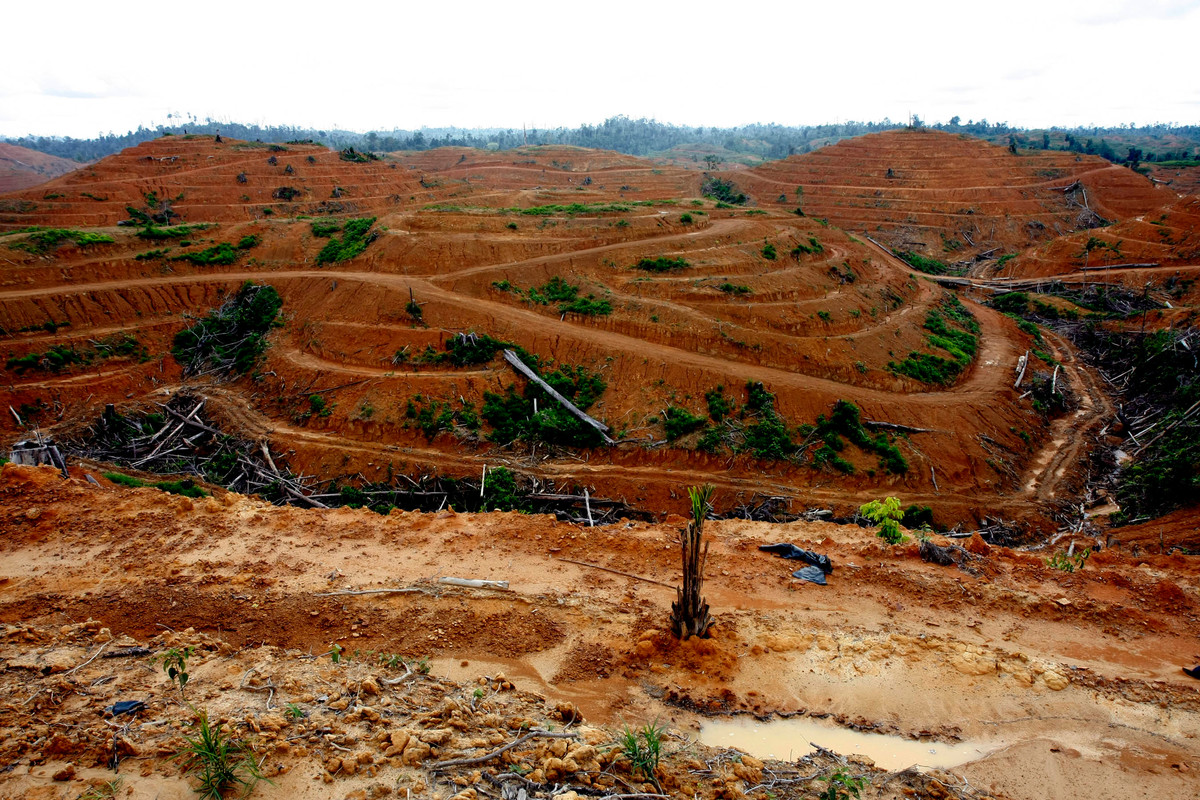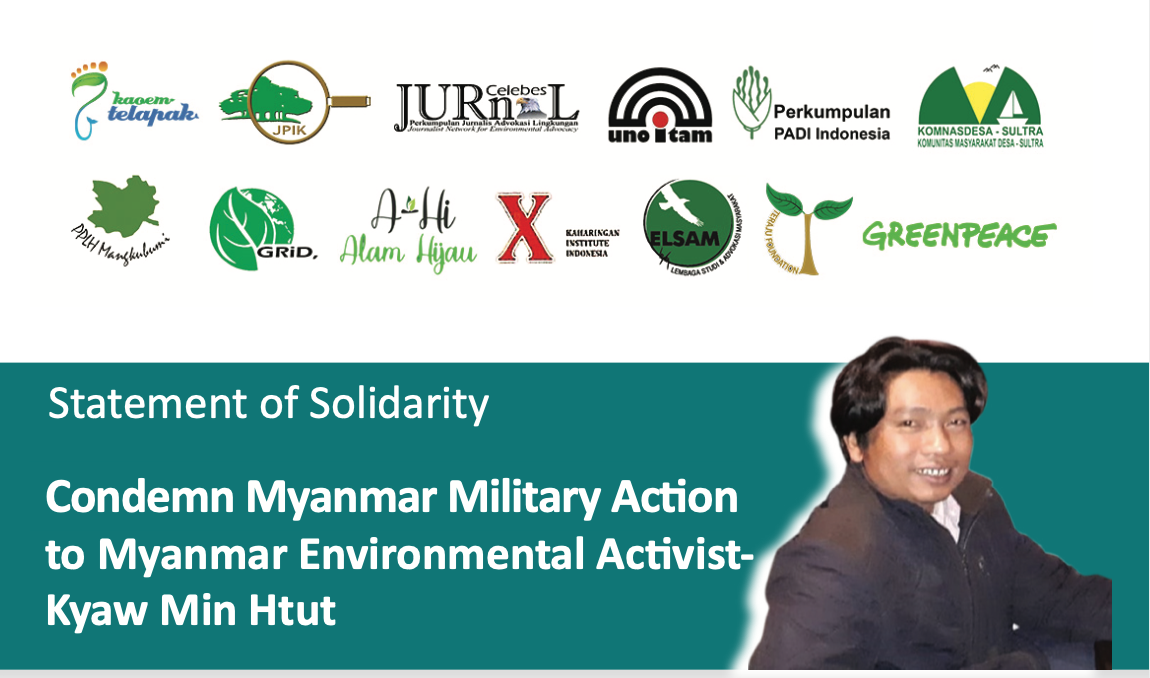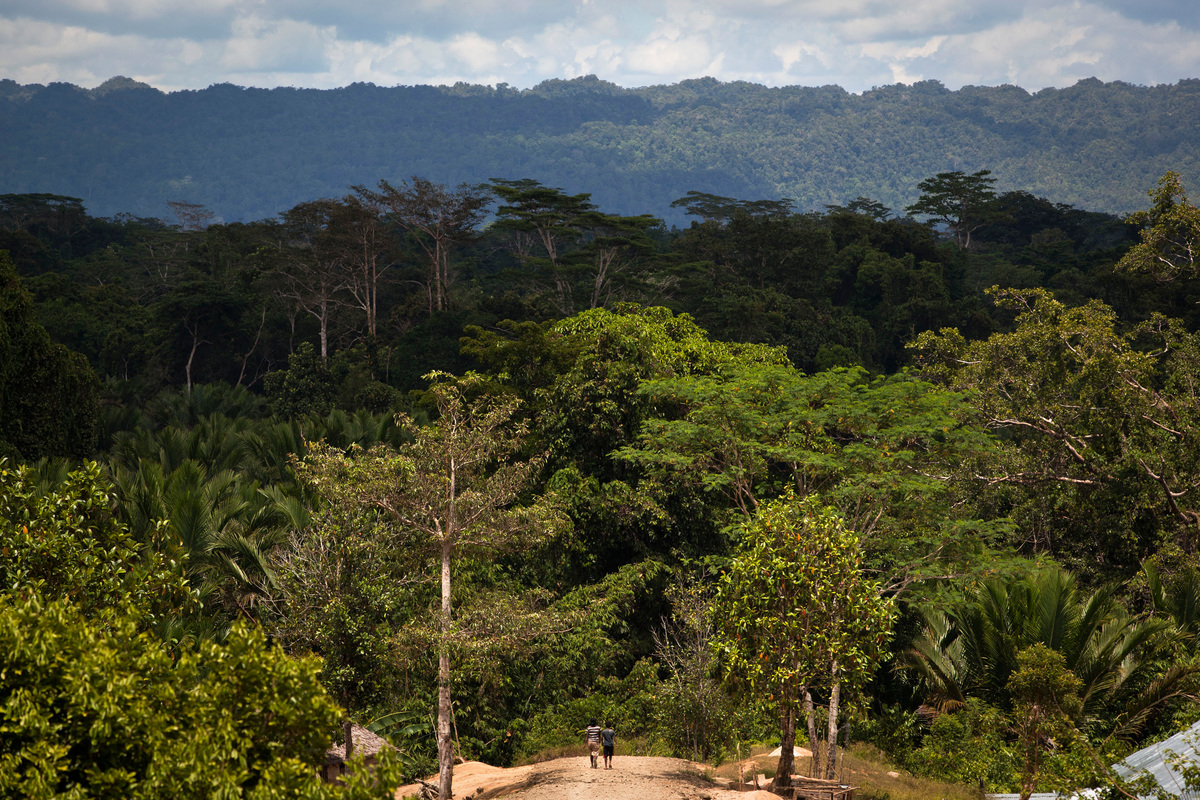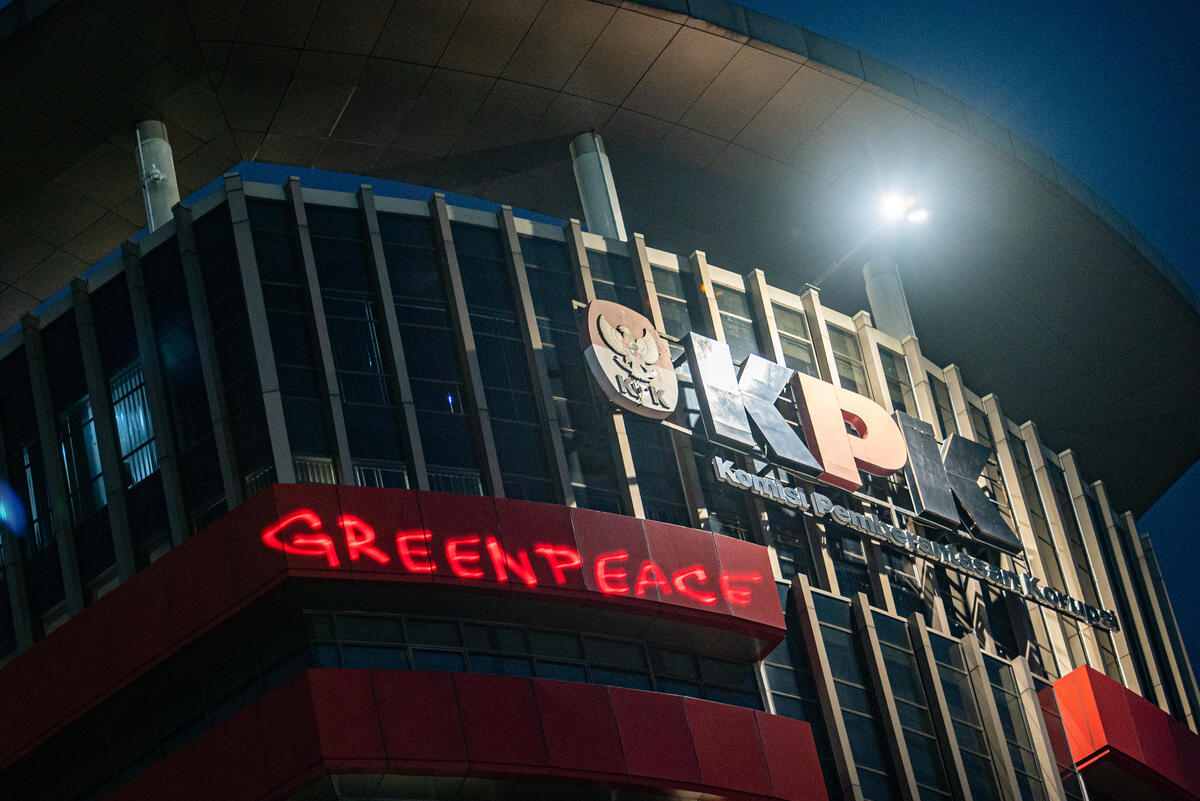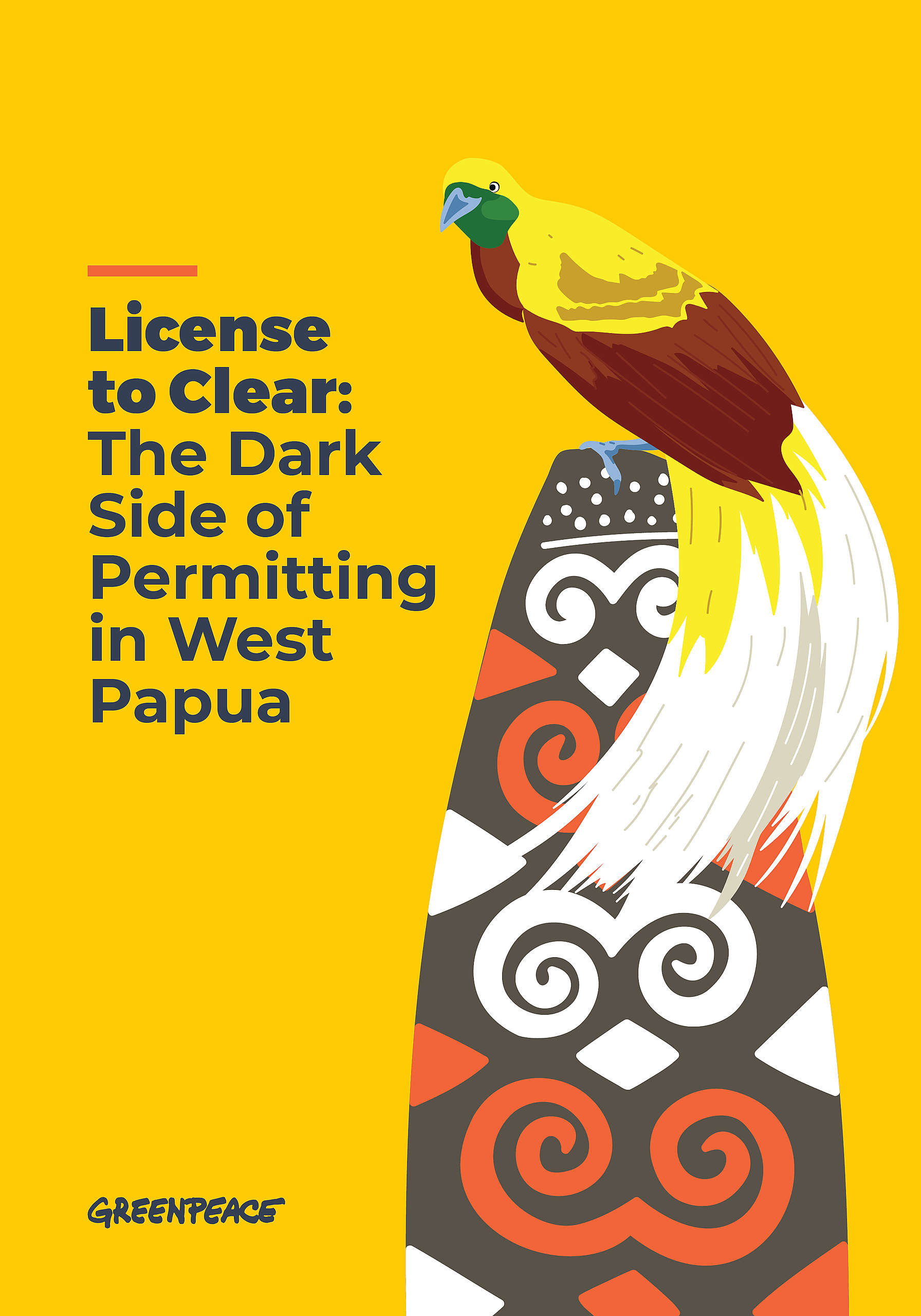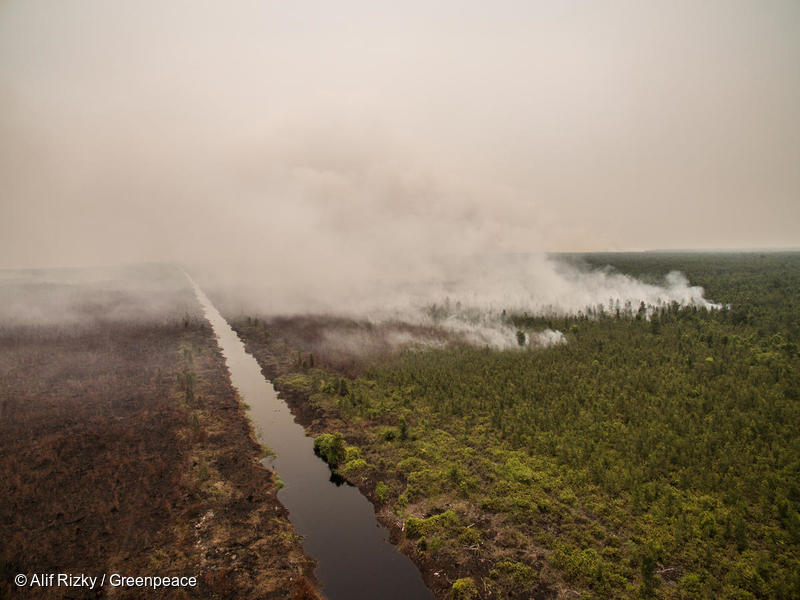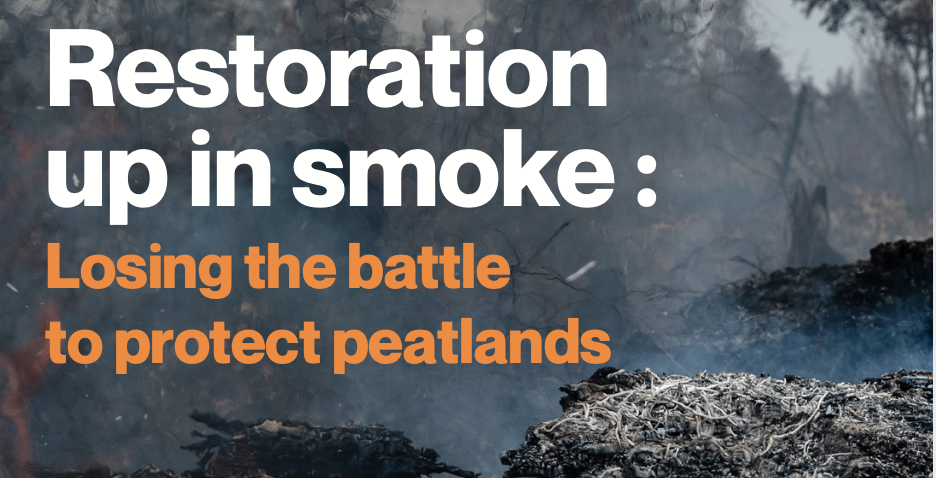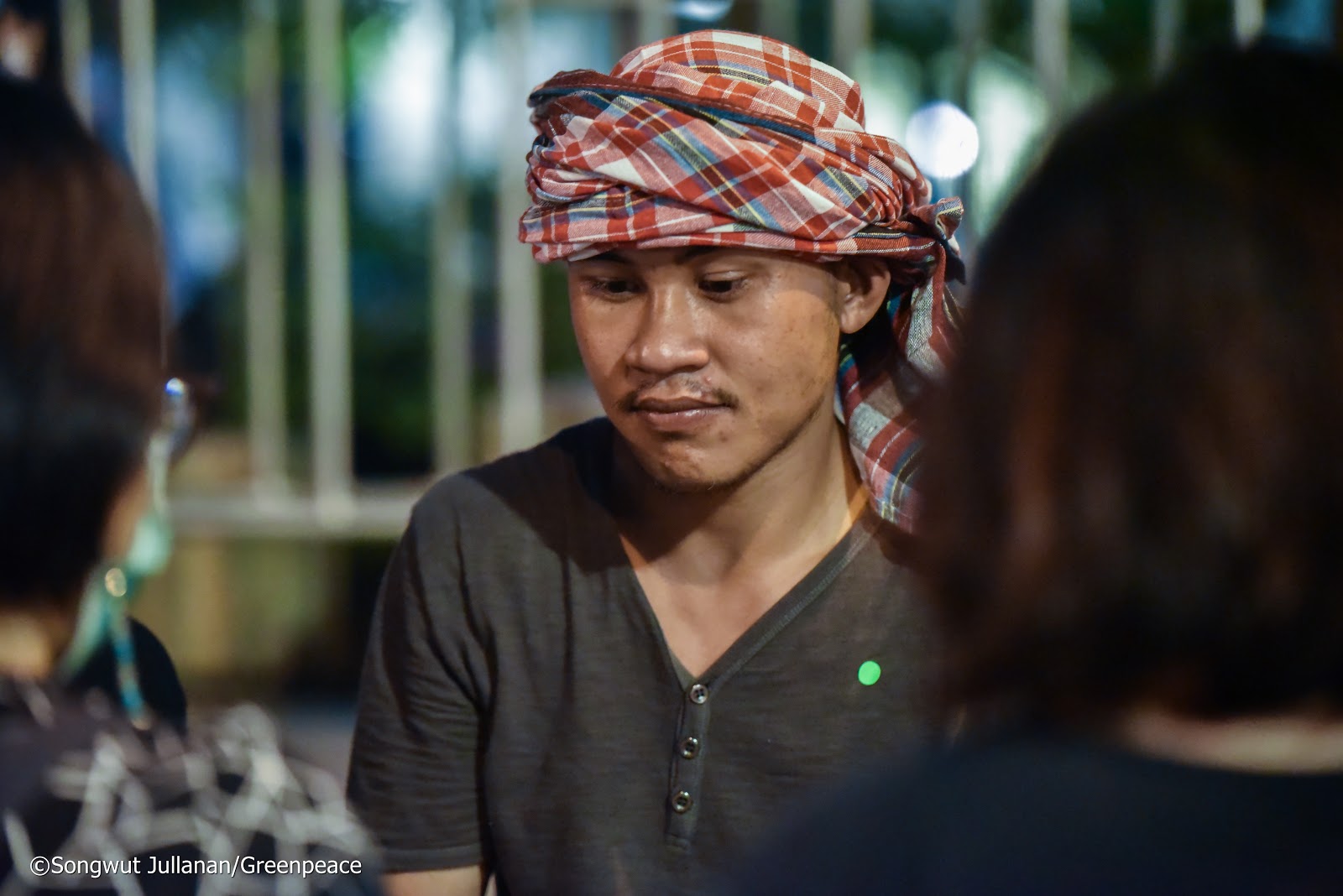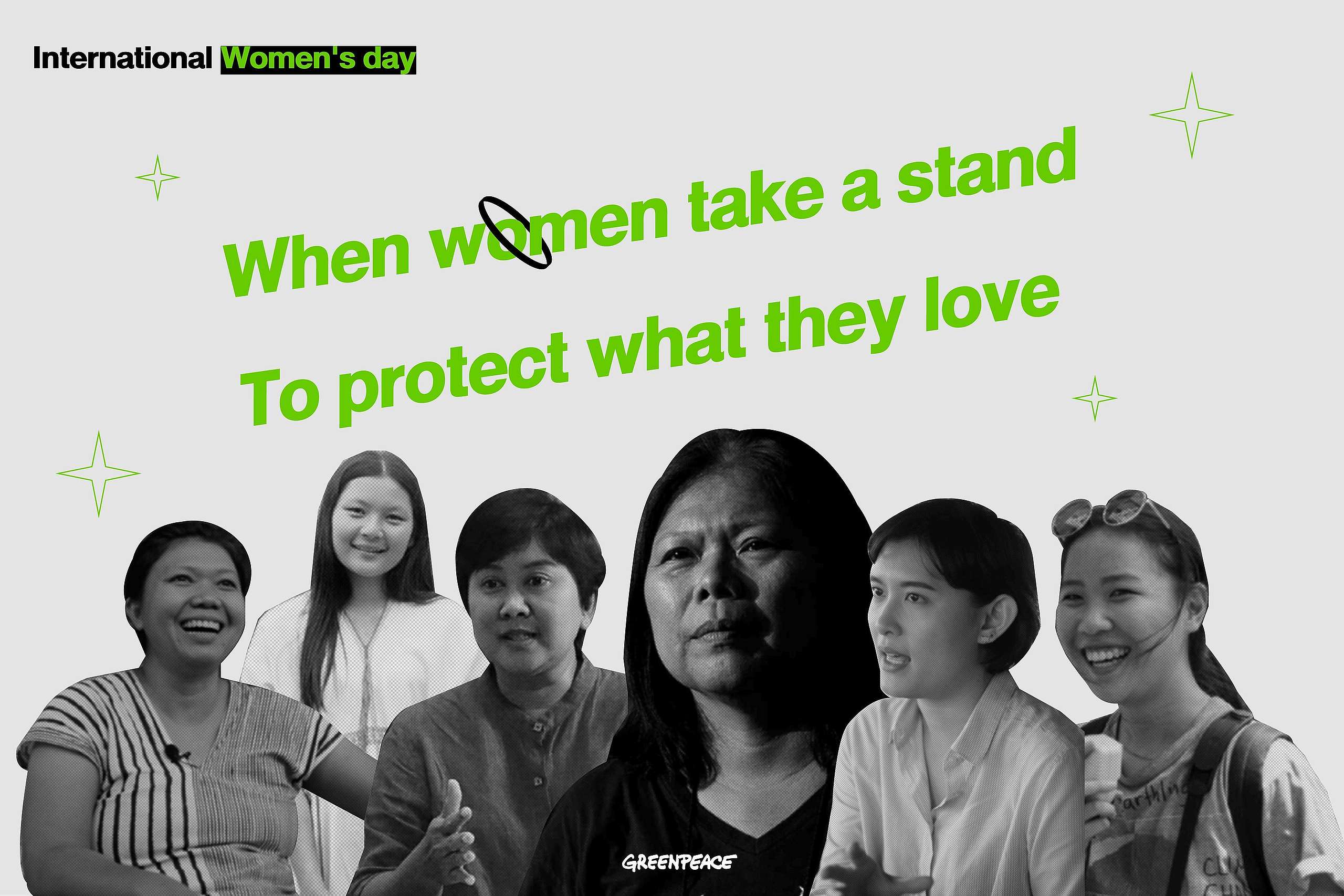All articles
-
Greenpeace Indonesia urges more ambition and cooperation as Norway – Indonesia agreement ends
Although the result of the agreement on REDD+ between Indonesia and Norway has ended and its results are far from fulfilling its target, international collaboration is still needed and important to reducing deforestation and carbon emissions.
-
Greenpeace on Global Witness report: Urgent protection of environmental defenders needed
Greenpeace Philippines echoes the recommendations of the Global Witness report that companies and governments must be held accountable for the violence and persecution of land and environmental defenders.
-
Statement of Solidarity: Condemn Myanmar Military Action to Myanmar Military Activist – Kyaw Min Htut
We, the undersigned, have learned that our colleague, respected forests and rights defender and democracy advocate Kyaw Min Htut has been arrested and detained by the junta in Myanmar. He…
-
Greenpeace Southeast Asia reactive to FSC cutting ties with Korindo
“It is crucial that buyers and certification bodies call out Korindo for its greenwashing and lack of transparency in its supply chains.
-
“Save KPK”, Greenpeace Indonesia projects message in protest against weakening of the anti-graft agency
Greenpeace Indonesia activists projected the slogan “Save KPK” and “Dare to be honest, fired!” ( Berani Jujur, Pecat !) onto the building of the Corruption Eradication Commission, also known as KPK, last night to protest against the weakening of the reformist anti-graft agency, after prominent investigators were dismissed over a dubious procedure.
-
Licence to Clear
This report urges national and provincial governments in Indonesia to seize a fleeting opportunity to intervene in a vast area slated for deforestation for palm oil in Papua Province.
-
Greenpeace report finds Indonesia is losing the battle to protect peatlands
A new Greenpeace Indonesia report, Restoration Up in Smoke: Losing the Battle to Protect Peatlands, identifies major contradictions in the Indonesian government’s claims to meet its peatland restoration targets.
-
Restoration Up in Smoke: Losing the Battle to Protect Peatlands
In the absence of independent verification of the progress of peatland restoration, Greenpeace decided to conduct an analysis of the present condition of peatlands in Indonesia. The goal of this analysis is to establish the locations of the degraded peatlands which have been prioritised to be restored by the government and to assess the condition…
-
From the Heart: Thailand’s ‘Guardians of the Forest’ finally speak up, vow to return their ancestral home
“We want Thai society to understand that our people have lived in the forest for countless generations. We are not intruders. We are guardians of the forest.”
-
When women take a stand to protect what they love
We cannot deny that women have come a long way, their influence seen, heard and felt everywhere. Be it in the social, political, or economic spheres, women everywhere continue to make waves, even break barriers.

